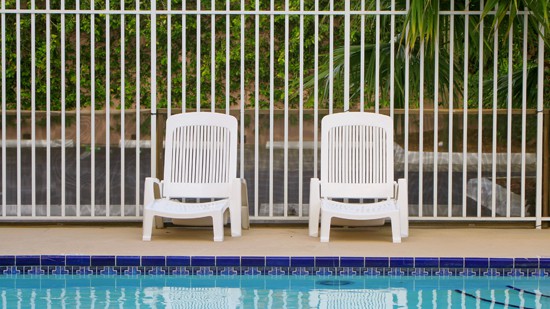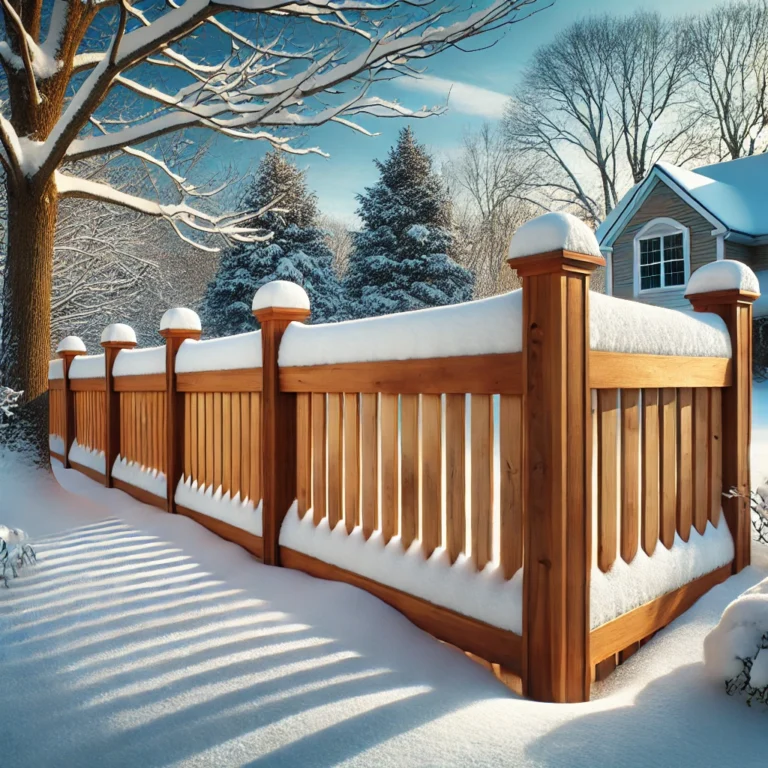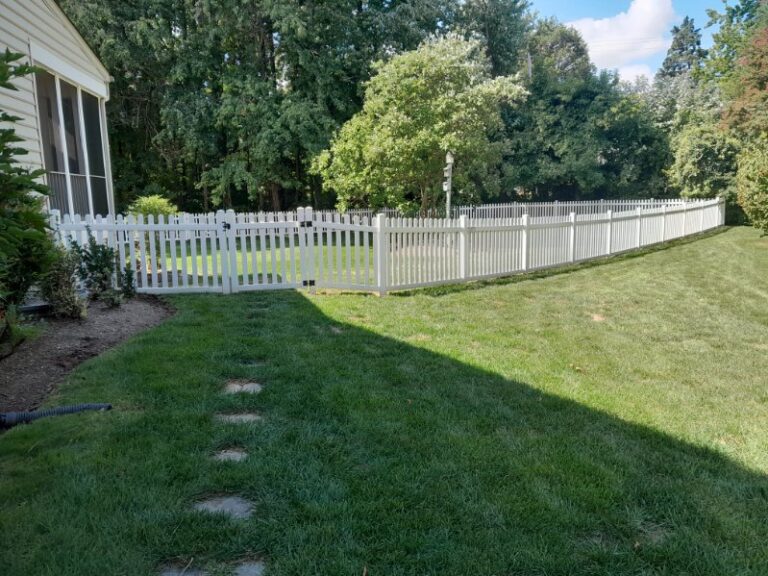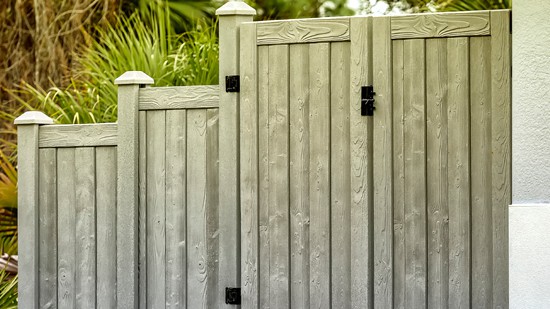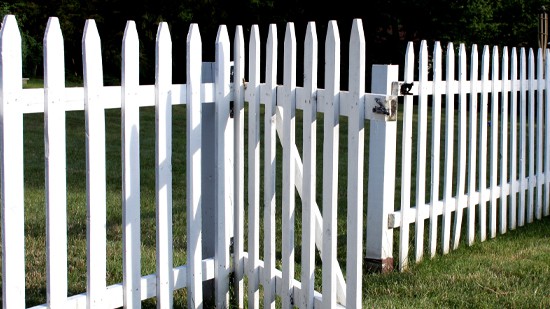Having a swimming pool in your backyard is a blessing all summer long. When temperatures spike and humidity rises, there’s simply nothing better than taking a dip in the cool waters of your pool. Plus, this backyard oasis is a boon to socialization. You can invite friends to join you for BBQs and pool parties throughout the summer months, or simply lounge poolside, enjoying quality time with your family.
Of course, you need to observe safety first when it comes to a pool. This means keeping the water clean and balanced, supervising children any time they’re in the pool area, and laying down rules about walking instead of running to avoid falls on the slippery pool surround when it’s wet.
It also means putting a fence around your pool. Why is fencing necessary for safety and peace of mind? Here are just a few reasons why you need a pool fence.
The Point of a Fence around your pool
According to the Centers for Disease Control and Prevention (CDC), there were over 3,500 unintentional fatal drownings in the U.S., not related to boating accidents, between 2005 and 2014. Of those, about 20% were children 14 and younger, and for every child that died from unintentional drowning, another five were taken to emergency rooms to receive care for injuries related to submersion.
Even if children are good swimmers, it’s imperative that they never play or swim in the pool area without adult supervision. What if your kids want to go in the pool while you’re not home? What if neighborhood kids decide to sneak in for a swim, or accidentally wander in? What if a beloved family pet falls in the pool?
Pool safety is of the utmost importance if you want to get the greatest enjoyment from your pool, and this means erecting fencing and potentially adding latching or locking gates to discourage entry without your permission or supervision.
Regulatory Compliance
In the state of Maryland, each county set standards for the inclusion of a pool safety fence. Some counties are stricter, while others have fewer regulations, but typically, fencing must be 3.5-6 feet high, securely anchored to the ground, and not easy to climb.
Stipulations can include gaps in fencing no wider than four inches, with no footholds in fencing that would facilitate climbing. Some counties require locking gates, while others specify that latches must be anywhere from 48-56 inches off the ground (i.e. out of reach of small children). In some cases, gates must be of the self-latching or self-locking variety or they are required to swing out from the pool area.
This may sound like a lot of rules, but remember that they’re designed to prevent accidents and save lives. They also protect you from liability as a homeowner. Of course, regulations vary by county, so you’ll need to understand the specific rules for the county you live in.
An experienced fence company can advise you on the rules regarding pool safety fencing to ensure your compliance and provide peace of mind. Contact the qualified professionals at All Around Fence today at 443-838-9374 to learn more or to request an estimate.

